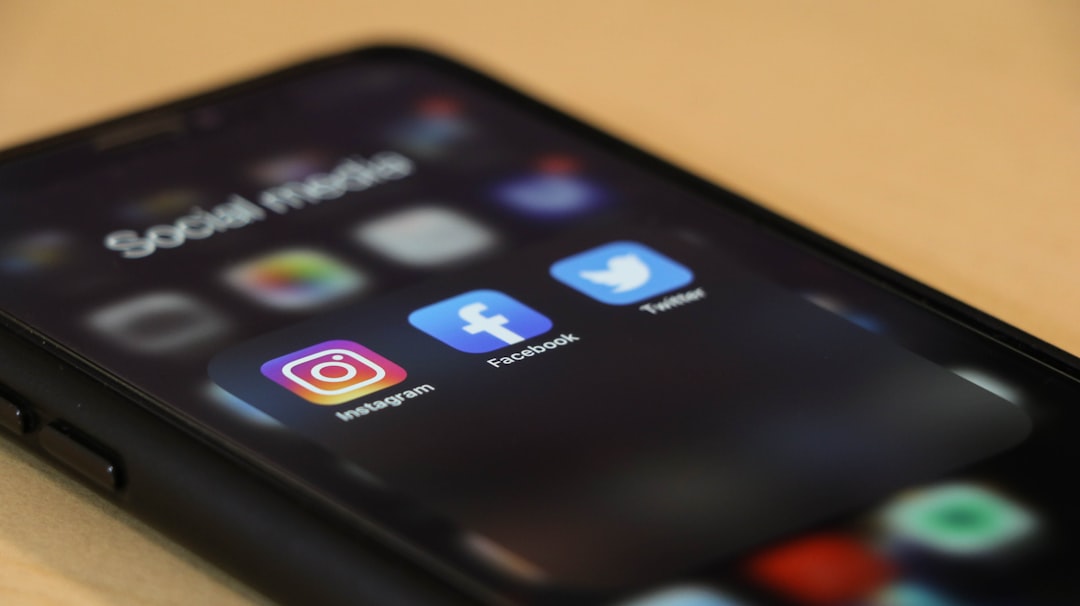Personalization in Marketing: Making Every Customer Feel Special
In today’s competitive business landscape, one-size-fits-all marketing strategies are becoming increasingly ineffective. Consumers are bombarded with numerous advertisements on a daily basis, making it crucial for companies to find innovative ways to stand out from the crowd. This is where personalization in marketing becomes a game-changer.
Personalization in marketing refers to tailoring marketing efforts and messages to meet the specific needs and preferences of individual customers. It involves collecting and analyzing customer data to gain insights into their behaviors, interests, and purchasing patterns. By understanding what makes each customer unique, companies can deliver targeted and relevant marketing campaigns that make every customer feel valued and special.
One of the key benefits of personalization in marketing is that it enhances the overall customer experience. People appreciate when brands take the time to understand their preferences and deliver personalized recommendations. In fact, studies have shown that personalized marketing messages lead to higher engagement rates and increased customer loyalty.
Imagine receiving an email from your favorite clothing brand, tailored specifically to your style preferences. It suggests new arrivals that you might love based on your previous purchases and browsing habits. This personalized approach makes you feel understood and appreciated as a customer, increasing your likelihood of making a purchase and remaining loyal to the brand.
Moreover, personalization in marketing is not just limited to digital channels. It can also be applied to offline marketing efforts, such as direct mail or in-store experiences. For example, a retail store can send personalized offers to customers based on their past purchases. This level of personalization demonstrates that the company values each customer individually, leading to higher customer satisfaction and repeat business.
Another significant aspect of personalization in marketing is its ability to drive higher conversion rates. By tailoring marketing messages to specific customer segments, companies can deliver more compelling and persuasive content. When customers feel that a brand understands their needs and offers relevant solutions, they are more likely to convert into paying customers.
For instance, let’s say you are searching for a new smartphone. An online retailer uses your browsing history and demographic information to present you with personalized product recommendations that align with your preferences and budget. This personalized approach makes it easier for you to make a purchasing decision, resulting in a higher conversion rate for the retailer.
Furthermore, personalization allows businesses to build stronger customer relationships. When customers feel valued and understood, they are more likely to develop an emotional connection with a brand. This connection leads to increased customer trust, loyalty, and advocacy.
Brands can create these emotional connections through personalized marketing efforts such as birthday offers, loyalty rewards, or personalized follow-up emails. By acknowledging and celebrating important milestones in a customer’s life, businesses can foster long-term relationships and turn customers into brand advocates.
However, it is important to note that personalization in marketing should be done ethically and with customer privacy in mind. Collecting and using customer data comes with great responsibility. Companies must be transparent about their data collection practices and ensure that customers’ privacy rights are respected at all times.
A successful personalization strategy requires a solid foundation of accurate customer data. Companies need to invest in advanced analytics tools and customer relationship management systems to effectively collect, analyze, and utilize customer data for personalization purposes. Additionally, having a deep understanding of customer segmentation and preferences is crucial in delivering personalized marketing experiences.
In conclusion, personalization in marketing is an essential strategy for companies to stay competitive in today’s digitally-driven world. By tailoring marketing efforts to meet the unique needs and preferences of individual customers, businesses can enhance customer experiences, increase conversion rates, and build stronger customer relationships. However, it is important to prioritize customer privacy and ethical data collection practices when implementing personalization strategies. In a world where customers are constantly bombarded with generic advertisements, personalization is the key to making every customer feel special and valued.












